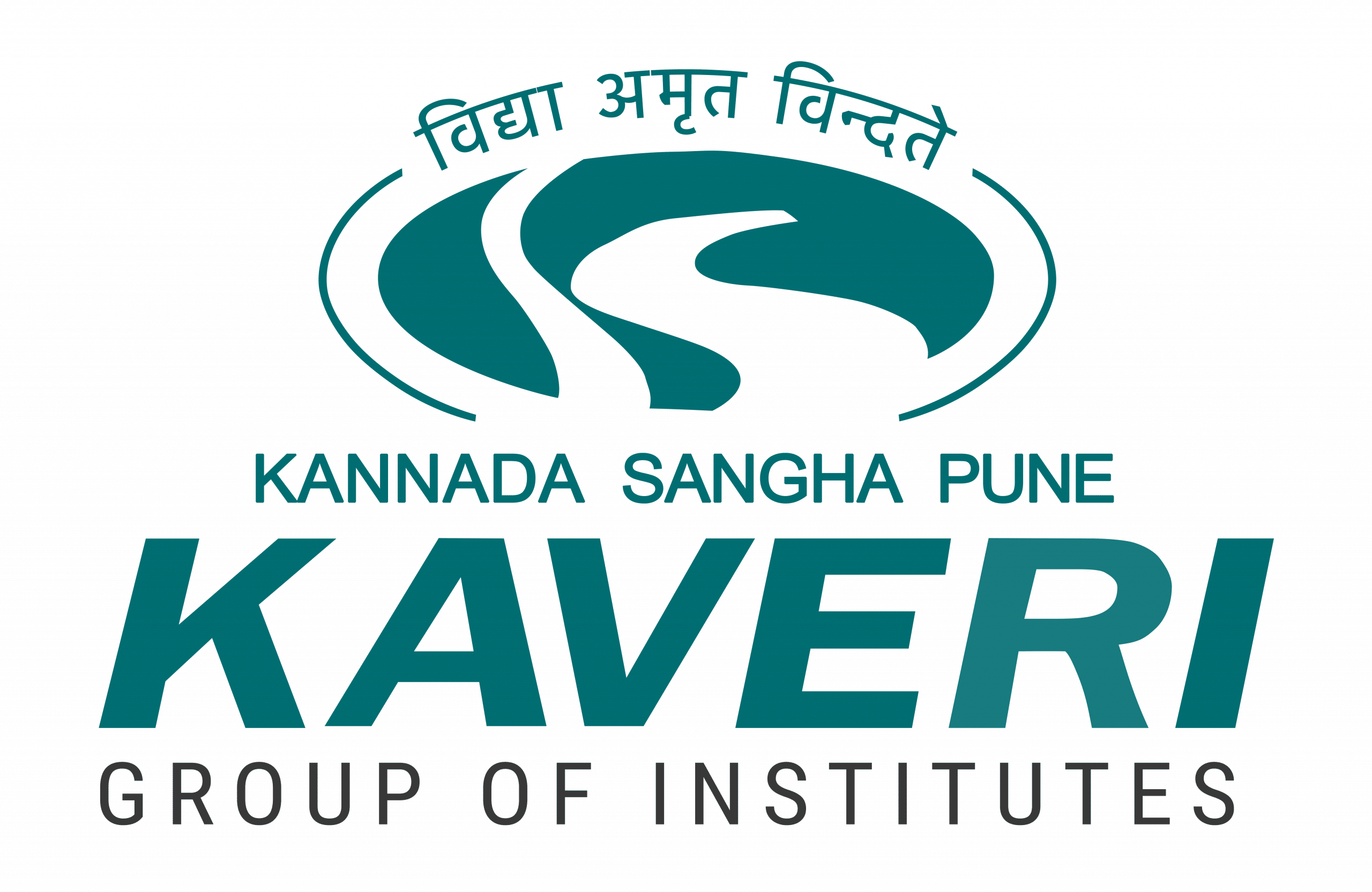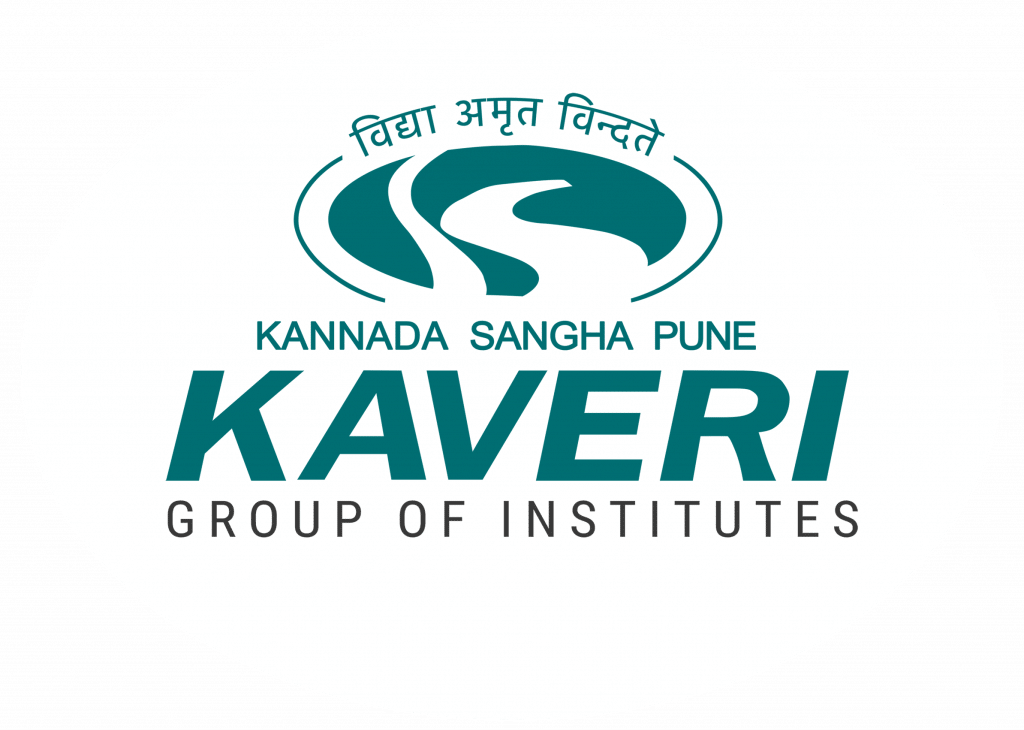Date: 23rd January 2025
Venue: AV Room
Duration: 1.5 hours
The session was conducted by Devika Deshpande and began with the onus of the first activity being given to the students. They had to decide upon the game/activity amongst themselves and carry it out in ten minutes.
The students came up with a team-based game of Stone Paper Scissors, in which they divided themselves into two teams and battled it out over several rounds. This activity generated both immense enthusiasm as well as chaos, and showcased strong team spirit among students. However, the game also highlighted several challenges, which the students were asked to reflect on. They came up with the following answers:
- Multiple Ideas: They all proposed various ideas, sometimes even for the same aspect of the game, leading to overlapping suggestions.
- Decision-Making: The process of deciding on a unified approach was time-consuming.
- Planning and Management: Organizing and executing the game revealed gaps in preparation and coordination.
- Emotional Sensitivity: Nittya pointed out that feelings could get hurt when someone’s idea is not incorporated. The group agreed on the importance of managing such situations constructively.
Students were encouraged to be assertive if they truly believed in their ideas while also learning to accept outcomes gracefully.
The conversation shifted to the significance of maintaining a healthy sleep schedule and adhering to one’s body clock.
It included health problems associated with irregular sleep patterns, the role of motivation in waking up early, such as the excitement of an upcoming event, and the need to develop discipline to sustain habits, as motivation alone is not always reliable.
Upon prompting, students reflected on instances where they started something new but gave up midway, because of reasons like waning interest over time. The facilitator recognized inconsistency as both a challenge and an opportunity to explore more options.
Components of Self-Discipline
Through interaction and thorough discussion with the students, the session emphasized the following key components of self-discipline:
- Self-Awareness: Understanding personal strengths and weaknesses.
- Routine: Establishing consistent habits.
- Consistency: Maintaining regular effort.
- To-Do Lists: Breaking tasks into smaller steps, prioritizing them, and experiencing a sense of achievement by ticking them off.
- Priority Matrix: Learning to prioritize tasks effectively.
The importance of journaling as a tool for self-discipline was also highlighted. A few students, including Aabha and Nittya, shared that they still maintain journals after the Residential Camp.
The facilitator also explored the concept of doing things the students may not want to but have to, such as preparing for exams and pursuing degrees, since despite being gifted, they still have to adapt and fit into the existing systems in some way in order to succeed.
It was also discussed how parents often push children to achieve goals they couldn’t pursue themselves, and a few students shared personal anecdotes about the same. While this can feel pressuring as one grows older, it may also encourage stepping out of comfort zones. Instances of giving up hobbies or activities due to perfectionism, resistance to instructions, or comparisons with siblings were shared by Nittya, Sumeet, Arpita, and Adwait.
The group discussed how striving for perfection can sometimes hinder progress. Instead, they emphasized cultivating excellence as a habit. The pillars of self-discipline were identified as follows:
- Acceptance: Embracing imperfections.
- Willpower: Staying committed.
- Hard Work: Putting in consistent effort.
- Industry: Being diligent.
- Persistence: Continuing despite challenges.
The session concluded with a reflective and promising tone. Students were encouraged to develop self-discipline now, as it is a cornerstone for future leadership and success. Through self-awareness, routine, and consistent effort, they can overcome challenges and achieve their goals.

